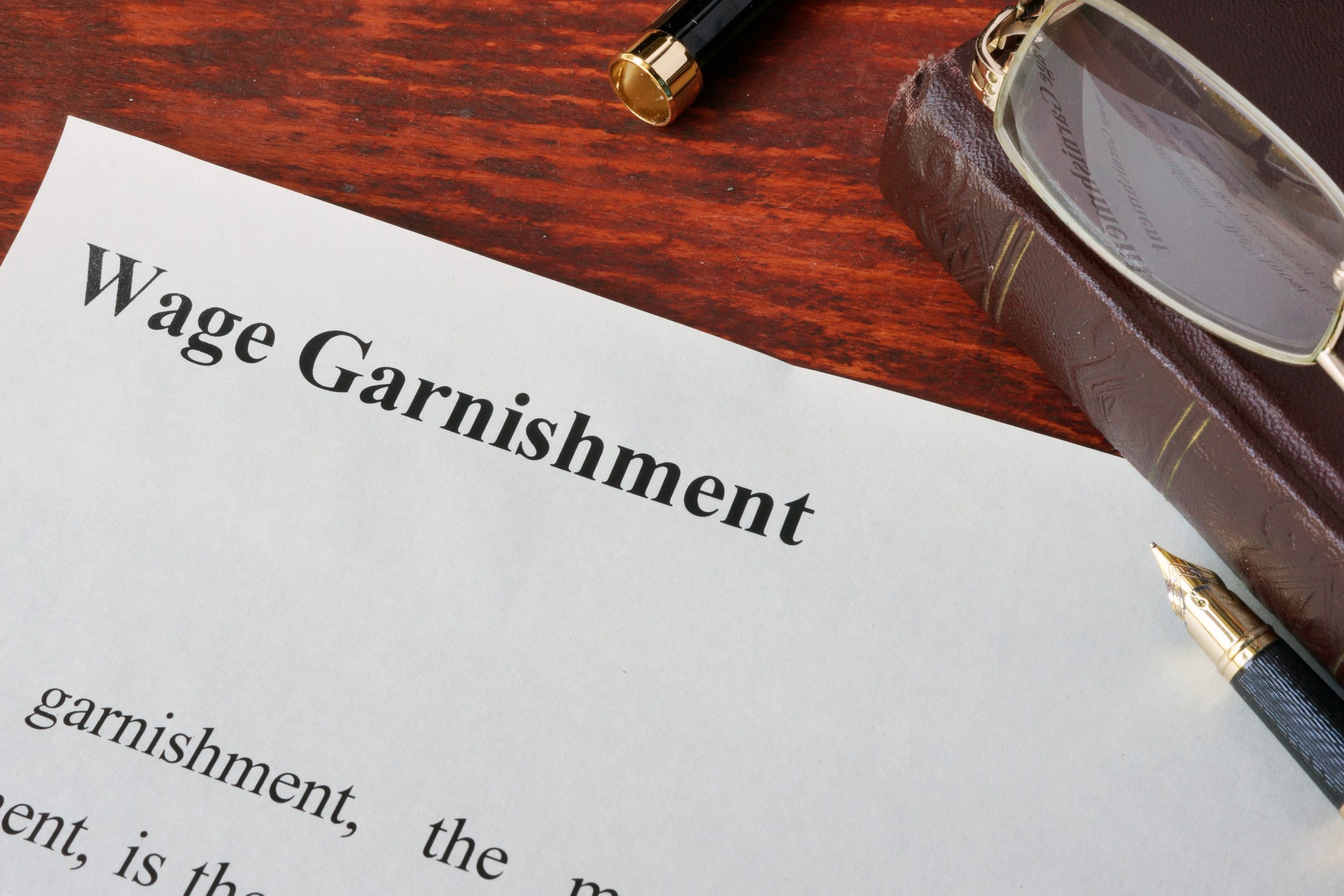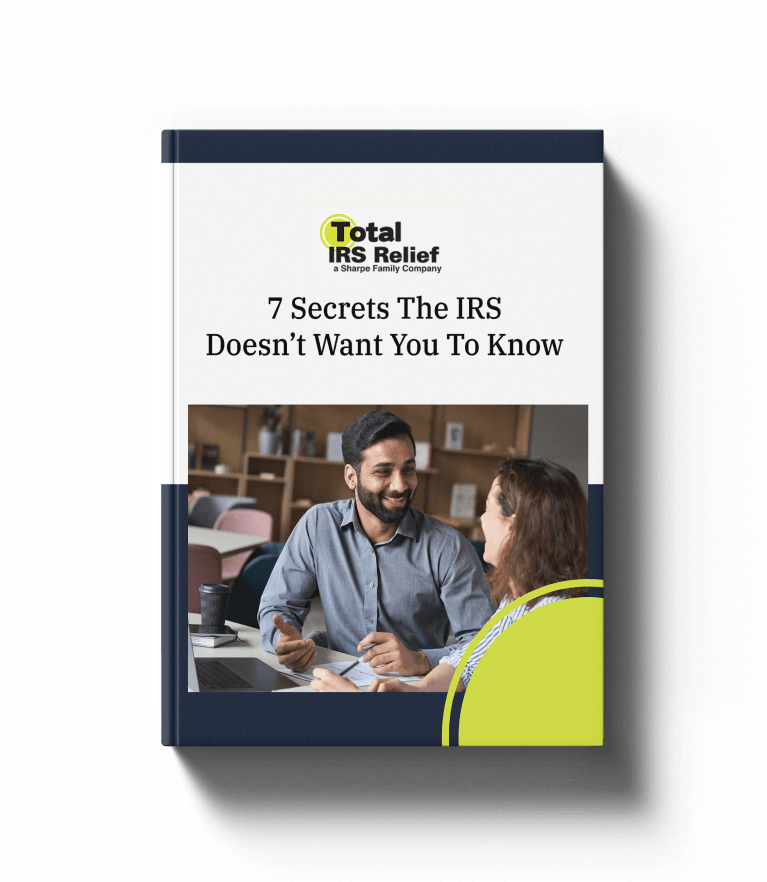
If you’ve opened your paycheck and found less money than expected — and the IRS is behind it — you’re not alone. Every day, taxpayers face wage garnishment for unpaid taxes, but there are ways to stop it before it drains your finances.
What Wage Garnishment Really Means
An IRS wage garnishment (or levy) happens when the government orders your employer to send part of your wages directly to them. This usually comes after a Final Notice of Intent to Levy, which gives you 30 days to take action before garnishment begins.
Once it starts, it continues until the full debt is paid or another resolution is in place.
How to Stop IRS Wage Garnishment
You can protect your paycheck through several proven methods:
-
Installment Agreement: Set up a payment plan that pauses active garnishment.
-
Offer in Compromise: Settle your tax debt for less if you qualify.
-
Currently Not Collectible (CNC) Status: Stop collection if paying would cause hardship.
-
Appeal or Hearing: Challenge the garnishment if the IRS made an error.
How Total IRS Relief Can Help
At Total IRS Relief, we work directly with the IRS to stop wage levies quickly. Our team helps clients in Peoria, Illinois and Las Vegas, Nevada create affordable solutions that protect their paychecks and restore peace of mind.
Enter your contact information to schedule your FREE one-on-one consultation. Our tax experts will get back to you as soon as possible.

